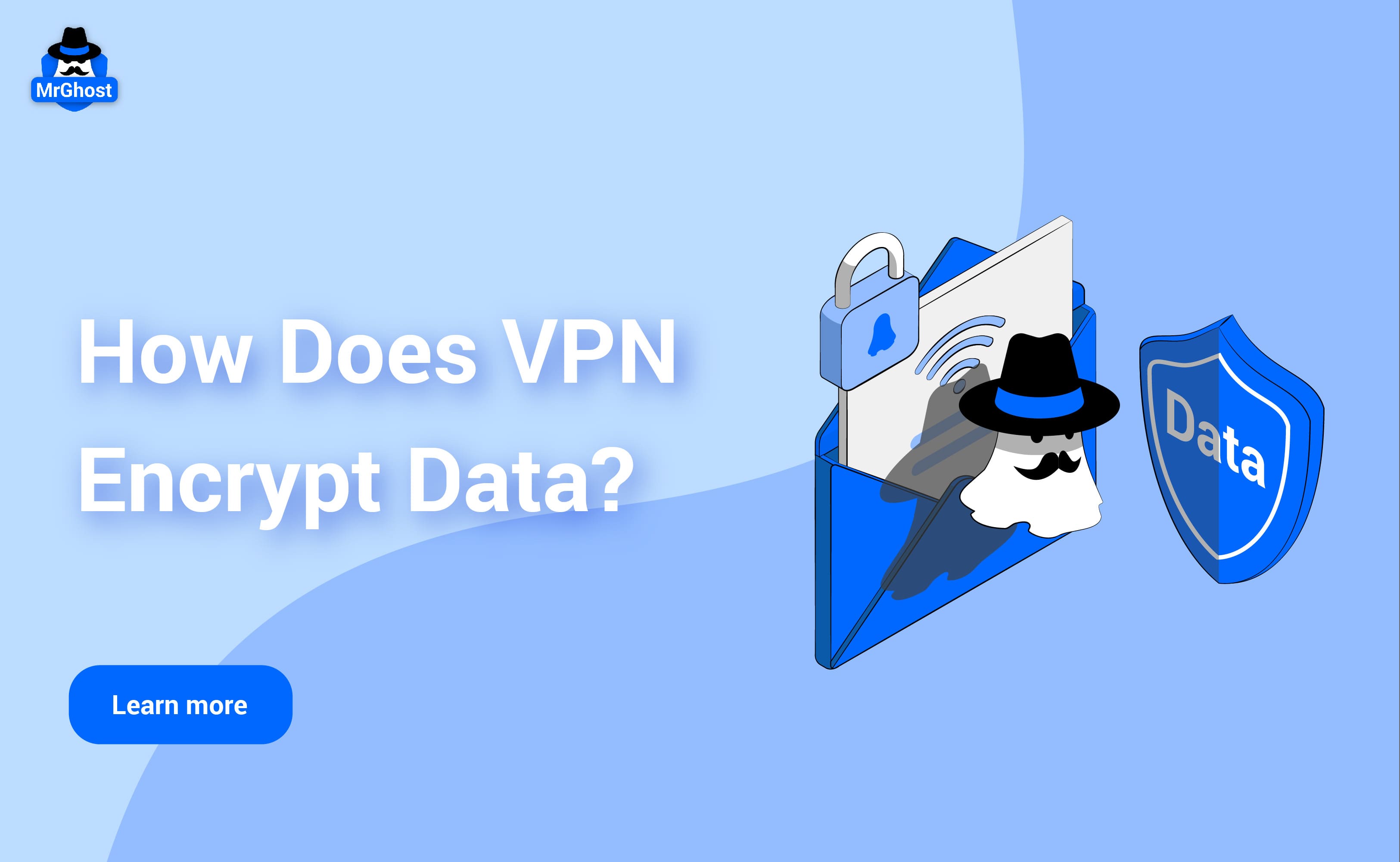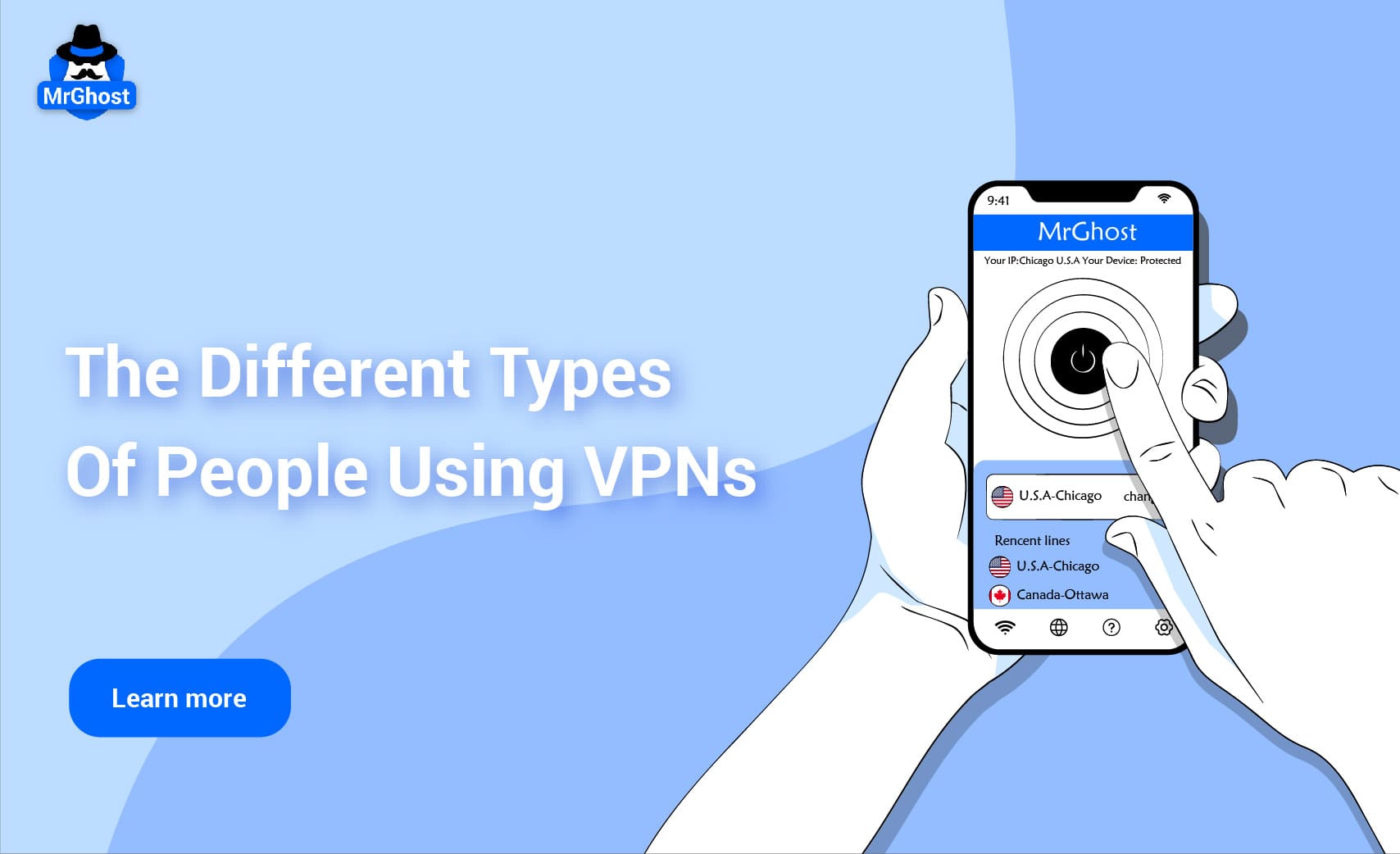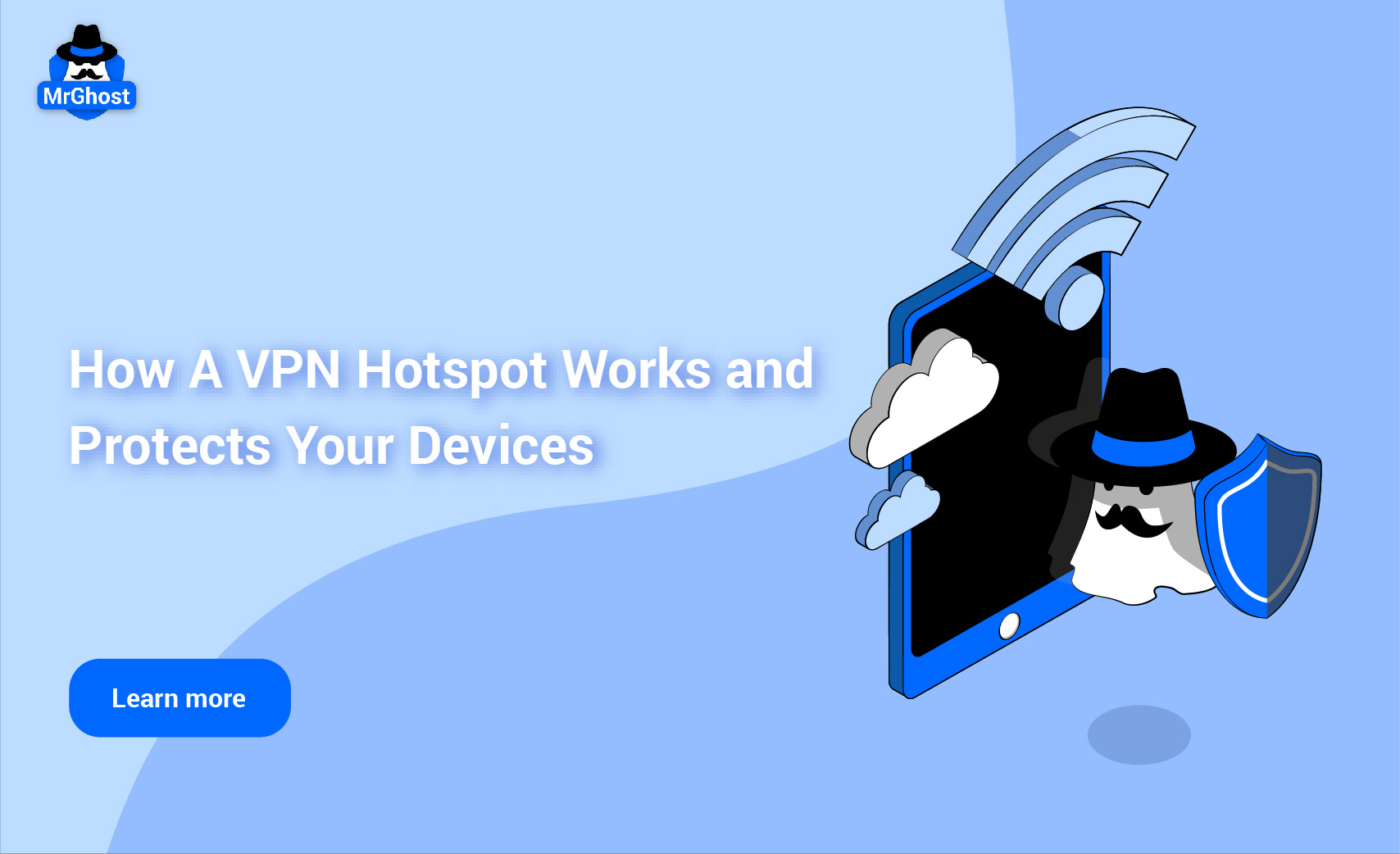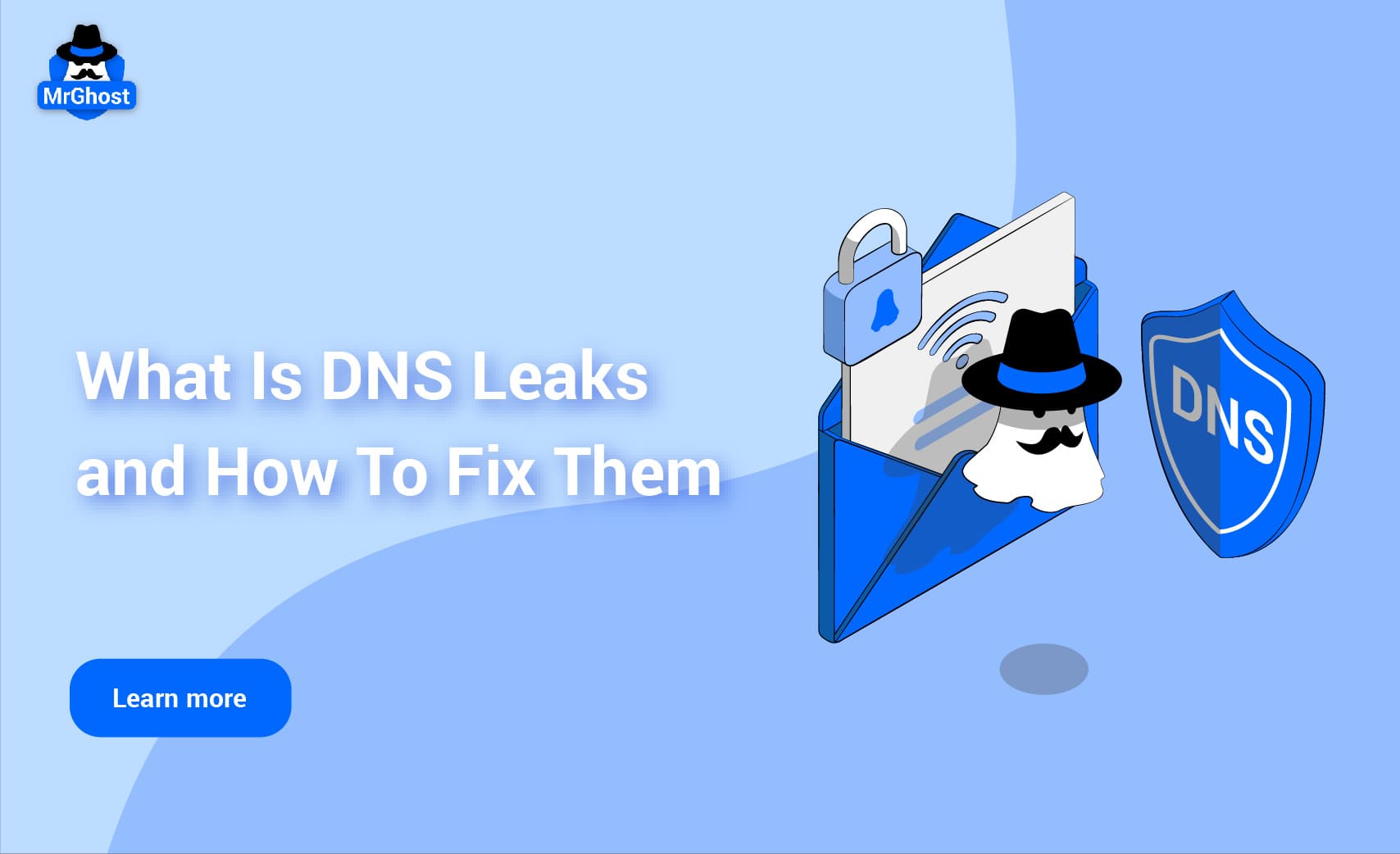
Virtual Private Networks (VPNs) are powerful tools that secure your online activity by encrypting your data. Encryption is a method of scrambling your data to make it unreadable to anyone who might intercept it. But how exactly does a VPN encrypt data, and why is it effective? Let’s dive deeper into the encryption process.
VPN Encryption Process
When you connect to a VPN, your device communicates with a VPN server through a secure, encrypted tunnel. Here’s how the encryption process works:
1. Initiating a Connection
When you connect to a VPN, your device and the VPN server establish a connection that is called Handshaking. During this handshake, the VPN client (your device) and the server exchange encryption keys.
Think of an encryption key as a password or code that unlocks data. Only devices with the right key can decrypt and read the data. The keys are randomly generated and are unique for each session, ensuring that no two VPN connections use the same key.
The method commonly used during the handshake is called Diffie-Hellman Key Exchange. It is use to securely exchange keys over an unsecured network. It allows two devices to generate a shared key without actually transmitting the key, making it harder for hackers to intercept.
2. Creating a Secure Tunnel
Once the handshake is complete and encryption keys are exchanged, your data is encrypted before it leaves your device. Encryption algorithms are used to convert your data (plaintext) into an unreadable format (ciphertext).
Encryption Algorithms are mathematical formulas that dictate how your data is scrambled. Common algorithms used by VPNs include:
● AES (Advanced Encryption Standard): AES-256 is the most common encryption algorithm, known for its high level of security. It uses a 256-bit key, making it virtually impossible to crack by brute force.
● ChaCha20: A faster and equally secure alternative to AES, used in newer protocols like WireGuard.
For example, If you send the message "Hello, World!" through a VPN, it might look like this after encryption: 7f4d2a6e3c1b5d9e. This ensures that even if someone intercepts the data, such as hackers or your Internet Service Provider (ISP), it is meaningless without the encryption key.
3. Securing Data Transmission
After encryption, your data is sent through an encrypted tunnel to the VPN server. This tunnel is like a private pathway on the internet, shielded from external threats. No one outside of the tunnel can see what data is traveling through it.
Then, VPNs use various protocols to establish and manage the encrypted tunnel or tunneling protocols. These protocols define how data packets are encapsulated, encrypted, and transmitted. Some of the most common tunneling protocols include:
○ OpenVPN: Uses SSL/TLS for encryption, offering a high level of security and flexibility. It can work over both TCP (reliable) and UDP (faster) connections.
○ WireGuard: A newer, lightweight protocol that promises faster speeds and simpler setup. It uses modern cryptography and is designed for both security and performance.
○ IKEv2/IPsec: Known for speed and stability, especially on mobile devices. It quickly reconnects when switching between networks, such as moving from Wi-Fi to cellular data.
4. Decryption at the VPN Server
When your encrypted data arrives at the VPN server, it is decrypted using the shared encryption key. This converts the ciphertext back into readable plaintext.
Note:
● Decryption is the process of reversing the of encryption. The VPN server uses the same key to unscramble the data, allowing it to be sent to its intended destination, such as a website or service.
● Forwarding to Destination: After decryption, the VPN server forwards the decrypted data to the final destination. This makes it appear as if the data originated from the VPN server’s location, not your actual IP address, adding a layer of anonymity.
5. Encrypting the Return Data
When the server or website sends a response (e.g., a webpage, a file, or a message), the process works in reverse:
● The response data is encrypted by the VPN server.
● The encrypted data is sent back through the secure tunnel to your device.
● Your device decrypts the data using the shared key, making it readable for you.
Types of Encryption Methods Used in VPNs
Understanding the encryption methods can give you a better sense of how secure your data is when using a VPN:
1. Symmetric Encryption:
a. In symmetric encryption, the same key is used for both encryption and decryption. This means that both your device and the VPN server share the same key.
b. AES-256: This is a type of symmetric encryption. The "256" refers to the key size (256 bits), and the larger the key, the more secure it is. AES-256 is currently the industry standard and is considered highly secure.
2. Asymmetric Encryption:
a. Asymmetric encryption uses two keys: a public key (for encryption) and a private key (for decryption). This is used during the handshake phase to securely exchange the symmetric keys.
b. RSA: The RSA algorithm is often used for this purpose. The public key encrypts the data, and only the corresponding private key can decrypt it. This ensures that only the intended recipient (VPN server) can read the information.
Why Is VPN Encryption So Effective?
1. Complex Algorithms: VPNs employ complex algorithms that are nearly impossible to crack without immense computational resources, making it impractical for attackers.
2. Key Management: VPNs generate new encryption keys for each session, which limits the amount of data that can be compromised even if one session’s key is somehow obtained.
3. Strong Protocols: By using secure protocols like OpenVPN, IKEv2, and WireGuard, VPNs ensure that the data tunnel remains safe and cannot be easily penetrated.
Conclusion
VPN encryption is a robust process that involves multiple layers of security, from the initial handshake to the creation of encrypted tunnels and the use of complex algorithms. By encrypting your data before it even leaves your device, VPNs ensure that your information is protected from hackers, ISPs, and any other potential snoopers. Understanding how this encryption process works can give you confidence in the safety and privacy of your online activities.
So, next time you connect to a VPN, you can feel secure knowing that your data is safely encrypted and shielded from prying eyes.
Continue reading: Why You Need VPN For Your Mobile Phone? and Should I Always Leave My VPN On?
Experience MrGhost VPN Today!
Ready to take control of your online experience? Sign up for MrGhost VPN today and unlock a world of possibilities. With our commitment to user satisfaction and cutting-edge technology, you can browse, stream, and download with confidence.
Why You Should Use MrGhost VPN
MrGhost VPN stands out as the ideal choice for individuals seeking top-notch privacy, security, and performance. Here's why:
● Blazing Fast Speeds: Enjoy uninterrupted streaming, gaming, and downloads without lag.
● Ironclad Security: Advanced encryption and a strict no-logs policy protect your data.
● Global Server Network: Access content from around the world with our extensive server network.
● User-Friendly App: Easy setup and intuitive interface for hassle-free experience.
● Affordable Plans: Choose from flexible pricing options to suit your needs.
Don't compromise your online freedom. Choose MrGhost VPN and enjoy the ultimate peace of mind. Get it today!













